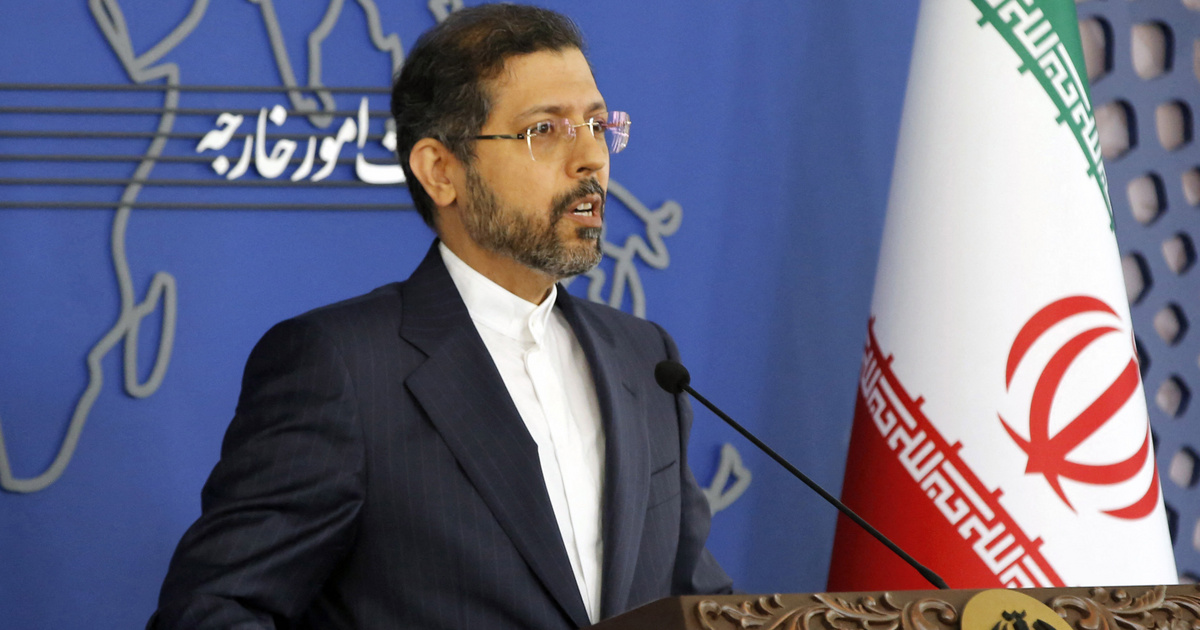Iran’s foreign affairs spokesman Saeed Khatibzadeh said Monday before the start of another round that Iran appreciates the fact that Western countries are now “realistic” in negotiations over Iran’s nuclear program in Vienna, which should not go beyond the requirements of the original 2015 agreement. of conversations.
But the spokesman said it was not yet known whether the United States and the other three Western powers, which were indirectly involved in the negotiations, had developed a specific scenario for lifting sanctions on Iran.
After more than a decade of negotiations, the gist of the original agreement, reached under the roof in 2015, was that Iran limited its nuclear activities, while defining facilities where it would use the technologies and produce more enriched uranium. In return, the international community lifted most sanctions on Iran. However, US President Donald Trump unilaterally withdrew the US from the agreement in 2018, arguing that the agreement does not prevent Iran from obtaining nuclear weapons later. The Trump government has also reinstated sanctions. In response, Tehran also canceled its contractual obligations.
One of Iran’s demands in the current talks is to have a guarantee that the United States will not withdraw from the agreement again. Discussions resumed in late December with the United Kingdom, France, Germany, Russia, China and Iran, and resumed on Monday after a three-day break. Iran’s chief negotiator Ali Bagheri said last week that progress had been “relatively satisfactory”. The United States, which is not directly involved in the negotiations, has described the negotiations so far as “modest” results.
Today, the opposing parties must demonstrate their commitment to making progress in lifting sanctions, guarantees and control, as we have made little progress so far.
Saeed Saeed Khatibzadeh.
(via MTI)












































